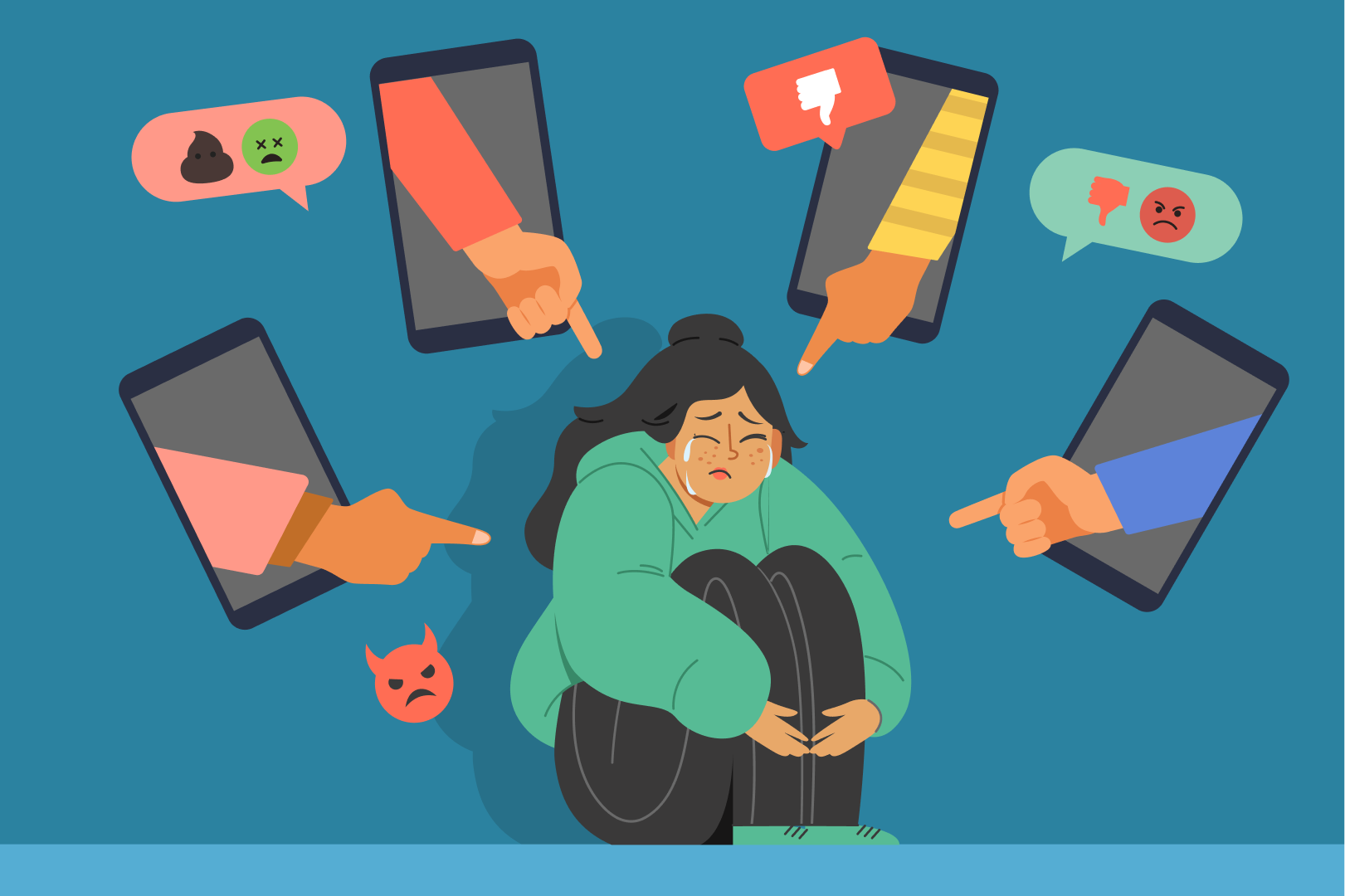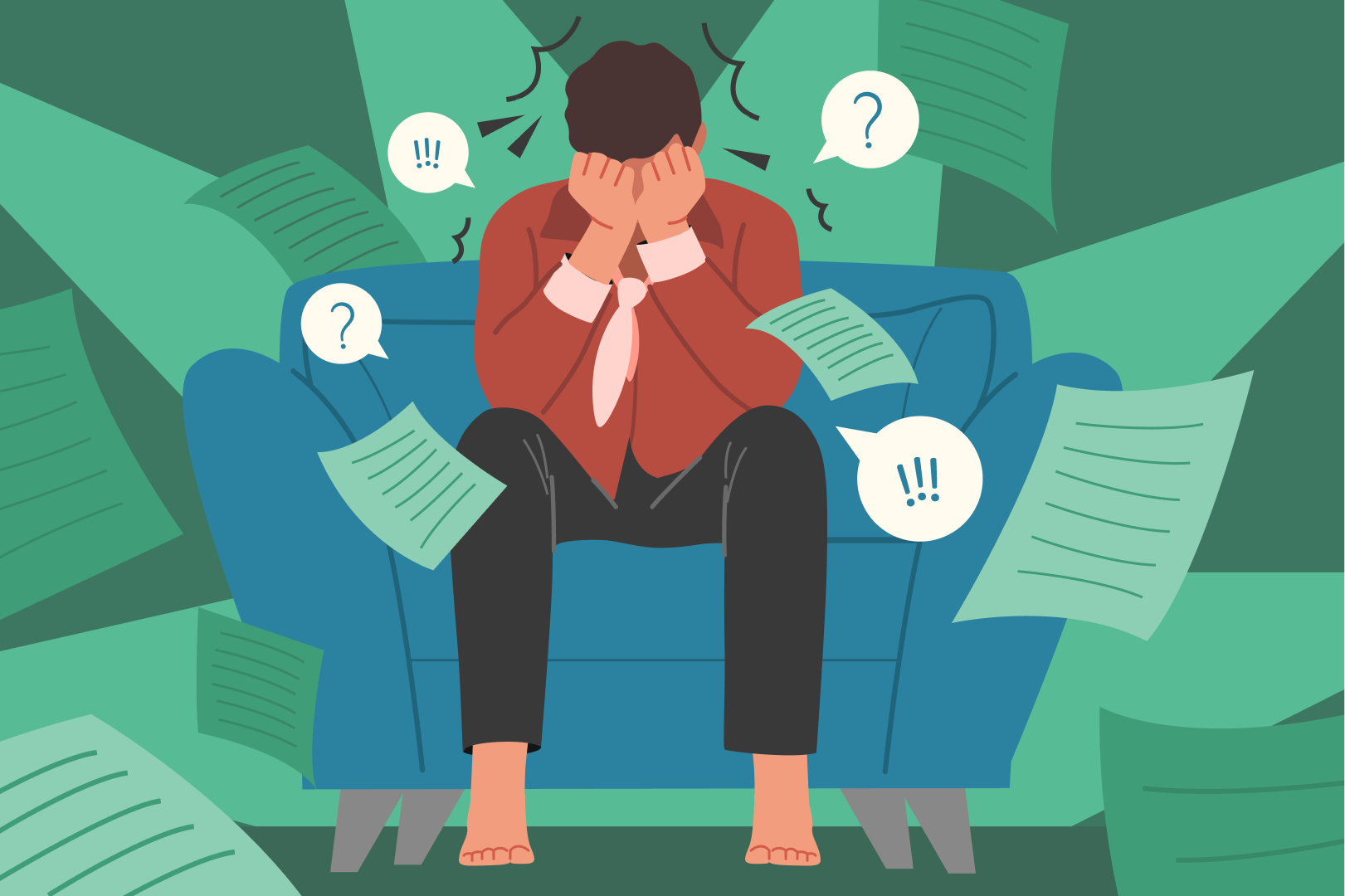An upcoming test or exam can be a stressful time for any student.
Many students experience some amount of stress and anxiety before and during exams. However, test anxiety is more severe, and can actually get in the way oflearning and affect test performance
Exam anxiety includes excessive worry about upcoming exams, fear of being evaluated and apprehension about the consequences.
1. The four main areas which can contribute to your exam anxiety:
1. Lifestyle issues- Lifestyle issues that can contribute to exam anxiety are:
- inadequate rest,
- poor nutrition,
- too many stimulants,
- insufficient exercise,
- not scheduling available time,
- not prioritizing commitments.
2. Information needs- Information needs that can contribute to exam anxiety are:
- exam-taking strategies,
- academic information such as course requirements, teachers’ expectations, exam dates and location,
- knowledge of how to apply anxiety reduction techniques while studying, before an exam and during an exam
3. Studying styles- studying styles that are Inefficient include:
- inconsistent content coverage
- trying to memorize the textbook
- Occasional and not regular studying
- all-night studying before exams
- Ineffective reading without understanding
- can’t recall the material
- not making review notes
- not reviewing
- not studying
4. Psychological Factors- They include:
- Feeling of having no control over the exam situation (rather than knowing and applying exam strategies),
- negative thinking and self-criticism irrational thinking about exams and outcomes,
- Irrational beliefs “If I don’t pass my parents will kill me!”
- Irrational demands like, “I have to get 100% or I am worthless.”
- Catastrophic predictions “I’ll fail no matter what I do.”
2. SIGNS OF ANXIETY
- Freezing or “going blank” during tests/exam
- Even when you have prepared and studied the material, you are unable to recall information when it’s time to take the test.
- Worrying about forgetting while studying
- .Feeling like you have never done enough to prepare
- Spending excessive hours studying and worrying that you will fail no matter how much you have prepared.A feeling of doom or fear of failure during tests or exams
- Your become stressed or upset talking about upcoming tests and and find it difficult to concentrate
- You have a hard time focusing when you sit down to study. Instead, you become frustrated or overwhelmed by the thought of the upcoming exam.
- Putting off studying until the last minute
Ideas for exam day
Here are some tips to help exam day go smoothly:
- Work out what you need to take with you on exam day and organise this the night before.
- Eat a good, light breakfast – this will help with energy and concentration.
- Go to the toilet before the exam starts.
- If you feel yourself getting worried before your exam – spend some time focusing on your breathing.
- When you sit down to do your exam, take time to slow your breathing and relax.
- Read through the exam paper carefully. Underline key words and instructions.
- Work out how long you have for each question or section.
- Aim to have time to re-read answers through and to make any changes.
Remember passing an exam is only part of the story. There’s always a second chance or another way to reach your goals”
3. Do I have exam anxiety
Most students experience some nervousness . Mild nervousness can motivate you to do your best. However, exam anxiety is different from typical nervousness:
- It is more intense.
- It is more potentially overwhelming.
- It is more disruptive and disturbing.
- It is not helpful or motivating.
How can exam anxiety affect me?
Exam anxiety can:
- disturb my studying and exam preparation
- paralyze my decision-making
- make my mind go blank on an exam
- undermine my academic confidence
- prevent me from showing how much I know
Exam anxiety affects different students in different ways:
1 Physical symptoms include-
- tight muscles
- headache
- insomnia
- upset stomach
- appetite changes
- unable to eat
- constant snacking
- binge eating
- shortness of breath
- increased perspiration
- sweaty palms
- increased heart rate
- dry mouth
- diarrhea
- more frequent urination
- Behavioural changes
- tense movements
- losing focus of actions
- less coordinated movements
- fidgeting, nail biting
- moving or walking faster than normal
- increased smoking, drinking, and/or eating
- “escaping” behaviours, e.g. partying the night before an exam
2. Emotionally include-
- atypical mood swings
- emotions related to the examination, presentation or paper
- worry
- frustration
- fear
- anger
- discouragement
- depression
- panic
- hopelessness
3. Thinking and Cognition-
- scattered attention
- irrational thoughts
- difficulty concentrating
- negative, self-defeating thoughts
- task-disruptive daydreaming
- self-abusing thoughts
4. Socially
- social withdrawal
- avoidance of friends and family
- unusual irritability with others
- procrastination through increased socializing
How exam anxiety affects my studying?
Exam Anxiety can cause:
- disorganized time management
- poor study habits
- procrastination on papers, presentations and studying
- obsession with fearful thoughts about the consequences of failing
- unable to concentrate on reading and understanding study material
4. How exam anxiety affects my exams?
If you have exam anxiety you:
- can’t focus or organize thoughts
- poor recall of important concepts, keywords, acronyms
- can’t understand exam questions
- going blank on familiar questions
- poor scores on known material
- correct recall after the exam
How to reduce exam anxiety
Steps to reducing exam anxiety include:
1. Effective studying-
- Don’t try to study the whole syllabus the night before the exam: (too much material) + (too little time) = ANXIETY
- Plan your studying with regularly scheduled study sessions about 50 minutes long separated by 5-10 minute breaks.
2. Healthy lifestyle- Anxiety increases when one feels run down and overwhelmed. Overall resilience depends on one’s physical and mental health, which can be strengthened by:
- enough movement and exercise
- balanced life between study and other activities
- positive thoughts/beliefs (vs. self-defeating thoughts/cynicism)
- movement and exercise
- health focus
- healthy nutrition (vs. junk food)
- regular sleep pattern
3. Accurate information-
- Check the course materials.
- Check the course syllabus.
- Before the exam, make sure you know- where will the exam be held, time and duration and whether extra time is allowed.
4. Exam-taking preparation-
- Practice past and sample papers
- Ask for suggestions from yourteacher: What to expect on the exam, What topics are important and
- Make a time table for study and revision.
- Plan to rest well the night before the exam
- Plan to monitor the time during the exam so wear a watch or sit where you can see the clock.
- Avoid Drinking coffee the night before the exam and other people or things that may disturb your self-confidence, focus and relaxation
5. Attitude upgrading-
Plan to reward yourself for your hard work after all the exams and do something you enjoy
6. Rational (instead of irrational) thinking- Exam anxiety can be set off by- Thoughts that are negative, irrational, intrusive and persistent can lead to feelings that include Fear and worry about failure/less marks,tension in the body and mind or Autonomic arousal (stress response) also occurs.
You can actively change your negative thoughts to positive ones and can Interrupt negative thoughts with THOUGHT REPLACEMENT. Practice THOUGHT REPLACEMENT frequently to build new thought habits and new beliefs about yourself- While studying, before, during and after the exam, anytime you notice negative, self-defeating thoughts.
For Example- I can do this! I will do my best! I can pass this test! I will focus only on the question in front of me.
Irrational thoughts arise from linking one’s self-worth to the test outcome and expecting terrible consequences of anticipated failure
Some Irrational themes can include:
Rigid insistence- “I must pass this exam or my life won’t be worth living.”
Faulty logic -“If I fail this exam then I am a failure as a person.”
Perfectionism- “If I make a mistake on this exam then I am a worthless person.”
Acceptance by others- “My parents will approve of me only if I pass this exam.”
Self-judgement- “I can’t think of this answer immediately and that just shows how worthless a student I am.”
Comparisons- “Others are probably finding this exam easy. Everyone is better than I am and that is awful.”
Anticipation- “If I get nervous at all I just know I will go blank and totally fail this exam.”
Interrupt irrational thinking by actively challenging your irrational thoughts.
Life will always be worth living regardless of this exam.
The test score is about this exam, not about me as a person.
I would like to pass this exam but life will go on either way.
How others do on this exam is irrelevant to me as a student and as a person.
As long as I give my best effort it doesn’t matter if my exam score is less than perfect.
Even if I am nervous I will do my very best.
What others think of me is none of my business.
Whatever my test score, I intend to learn from my mistakes and do better next time.
I respect myself for taking this course, regardless of the outcome.
I would like a perfect score but I’ll be OK with a pass.
I would prefer a pass to a fail but I will continue on regardless of my score.
It would be nice to have no anxiety, but I will put forth my best effort even if I am nervous.
.
7. Interrupt intrusive thoughts with these six techniques:
- Re-focus your attention: Deliberately and strongly re-focus your attention away from the inner thought back to the external exam task in front of you.
- Reassuring the thought: Affirm strongly that you will be fine or assert that you will take care of things.
- Attending to the thought: Focus your attention on the thought as though listening to a person speaking but allow no response and notice how the thought fades away in the light of your conscious focus.
- Practicing “Thought-Stopping”: Before the exam (if you are alone), say or shout “STOP!” at the thought and intend for it to go away. Otherwise, shout “STOP!” internally to yourself.
- Visualization: Visualize a bubble around the thought and then shrink the bubble as small as you can. With your breath, imagine blowing the bubble into the furthest end of the universe. See and feel it disappearing and then re-focus externally on the exam task in front of you.
- Deliberate distraction: Distract your attention from the thought by practicing relaxation and breathing techniques.
8. Exam-taking strategies include:
- Survey
- Read the instructions
- Quickly survey every page of the test
- See what will be expected of you
- Re-read the instructions a second time
- Prioritize
- When surveying the test, place a mark beside all questions you know you can answer
- Answer the easiest questions first to guarantee marks in the least amount of time
- Do not rush through the test
- Regularly check time left for the rest of the questions
- Pace yourself
9. Anxiety reduction techniques- You have to practice interrupting exam-anxious feelings.Reducing exam anxiety is a learned skill. Daily practice can lead to mastery andthe more often you practice, the more responsive your body-mind will become and the more likely you will remember to use them in the exam
Use your study sessions to practice the techniques. Use the techniques just prior to the exam. Deliberately take short time-out breaks during the exam and use the techniques to reduce your stress. Apply the techniques just after the exam is over. Use the techniques before you go to sleep, especially the night before the exam
WHO IS LIKELY TO HAVE TEST ANXIETY?
There are typically two types of students who are likely to have trouble with test anxiety:
The High Achieving Student– Students who have high expectations of themselves or who are perfectionists are likely to struggle with test anxiety. These students tend to put a lot of pressure on themselves and have a hard time dealing with mistakes. This can easily lead to these students becoming overwhelmed during the test, resulting in their mind freezing or going blank.
The Underprepared Student– – Students who haven’t properly prepared for a test are also likely to deal with test anxiety. This usually happens because the student put off studying too long or simply does not understand the material. This can lead to low confidence when it’s time to take the test. And when students go into a test thinking they’re going to fail, it can lead to it actually happening.
COPING WITH EXAM ANXIETY ON THE DAY OF EXAM:
- Close your eyes and take a few deep breaths. Repeat this whenever you begin to feel anxious.
- Read through the instructions and questions slowly and carefully, highlighting key points.
- Plan your answers. This is important as it helps your writing flow and means you don’t end up panicking and going off on tangents.
Answer the easiest question first if you feel like this will relax you.
- If you start to feel unwell, have a drink and close your eyes for a few seconds. Shake your arms and move your head from side to side to release the tension.
- If you need to, let an invigilator know how you’re feeling and ask to step outside for a minute. Fresh air may be just what you need to calm down.








